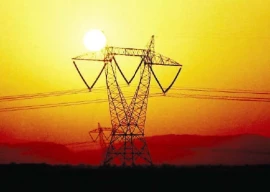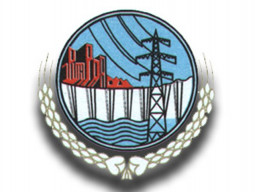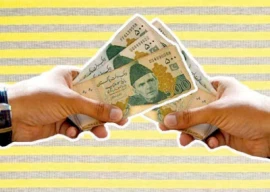
Taking a cue from the hardline governments in Bangladesh and India, our government is also tightening the noose for NGO’s who operate on a number of projects in Pakistan. Our state wants more control on how the money is spent and where it goes. There is nothing wrong in that. But the way it is being done leaves some unanswered questions.
There is the general impression, and this is possibly further fuelled by the media, that international NGOs sometimes work against the interests of the state. Or that they are used by third parties or governments to fulfill hidden agendas. While this may have happened in some instances, it is not the rule.
In fact, in many ways, these entities are actually helping in what should be essentially the work of the government. Take for example the health and education sectors. Or how some of these organizations work to help in issues like water and sanitation. One cannot deny the contribution they continue to make.
The other impression is that many such entities have unlimited funds at their disposal and that there is no process of accountability within them. As a journalist I have seen how many such NGOs spend money lavishly. Holding seminars and workshops for journalists at five star hotels. And the living that they afford their own staff, especially the expatriate personnel, leaves one wondering whether there is enough money left over for the work they are supposed to do.
But we also have to be clear on the point that the accounting and audit systems that are in place in such organizations are much better than what we have in place in our government. Also, funds are not as unlimited as we think they are. In fact, when compared to the budgets of our own provincial governments, they amount to a fraction of those. In a nutshell: many of these organizations have tiny budgets but do more work than our government departments, whose budgets are much bigger but the work they do is much less effective.
It goes without saying that an effective monitoring system should be in place for such NGOs so that the government and its agencies are aware of how much money is coming in and where it is going. But such a system is already in place.
There are those who argue that we need to look at money that comes under different heads for other entities. Take for example the recent row on funding from Arab states and the fact that the government is not fully aware where it is going. Our foreign office distanced itself from this controversy earlier. Ironically, it is now squarely in the middle of this one.
While our government has shied away from sensitive issues like population control and equal rights for all, many NGOs – both Pakistani and international, have taken these up. Possibly it is time for the government to start taking a more active role on such issues.
In fact, the state needs to work with NGOs and ensure that it plays its part. Especially in areas where is has abdicated itself from its responsibilities. Let us take small examples. While we have the rescue 1122 services in Punjab and K-P, the ambulance services in Sindh and Balochistan are almost entirely reliant on NGOs like the Edhi Trust and the Chippa Welfare Trust.
Similarly, it is easy to get local NGOs like TCF and others to build and set up schools for the under — privileged but where is the government in all this. Adopt-a-school is again novel program, but this should be the exception and not the rule.
NGOs like the Orangi Pilot Project have done excellent work in Karachi to give the lower income groups the ability to put into place a basic infrastructure that would otherwise not have been there in their settlements if they had waited for the governments. There are so many instances where the people have taken the initiative to set things right when the government has failed them.
If there is anything that is needed, it is a proactive policy under which we can understand where we need help from both local and international NGOs. Our government can monitor them so that they don’t deviate from their targets.
Published in The Express Tribune, June 8th, 2015.
Like Opinion & Editorial on Facebook, follow @ETOpEd on Twitter to receive all updates on all our daily pieces.































































COMMENTS (6)
Comments are moderated and generally will be posted if they are on-topic and not abusive.
For more information, please see our Comments FAQ